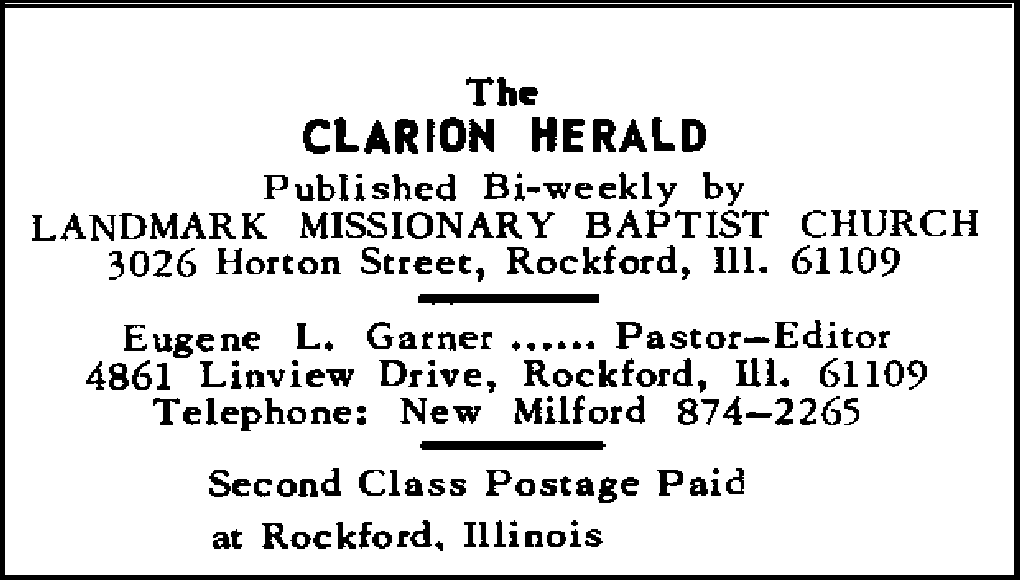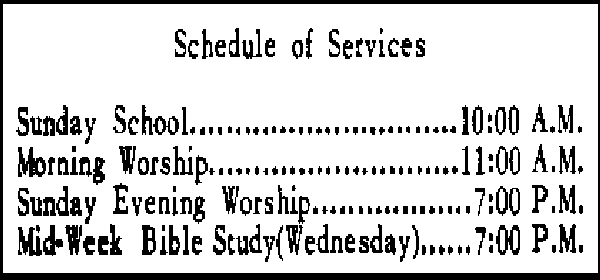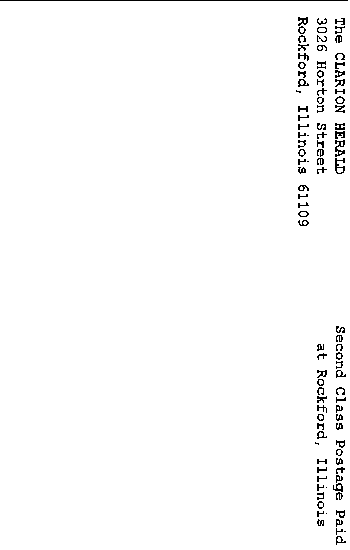Though brought up in Nazareth, Jesus was away from there when He began His earthly ministry. Nevertheless, His townspeople had heard of the wonderful things He had done in other places and eagerly awaited His return to Nazareth -- that they might be blessed by attendance upon His ministry.
The thrilling hour came when one Sabbath the Master was asked to read from the prophets -- as a part of the normal synagogue service. Receiving the scroll of Isaiah, He unrolled it to what we recognize as Isaiah 61 and began to read: "The Spirit of the Lord GOD is upon me; because the LORD hath anointed me to preach good tidings unto the meek ... ." Having concluded His reading, and sat down, Jesus said to His fellow-townsmen: "This day is this scripture fulfilled in your ears", (Luke 4:19-21).
In the Parable of the Householder Jesus clearly saw Himself as being the fulfiller of Psalm ll:22-23, (Matt. 21:33-44). Here, in parable, as elsewhere in a literalness which cannot be questioned, Jesus forecast His own rejection and crucifixion at the instigation of the Pharisees and elders -- outside the gates of Jerusalem. But the nation,




